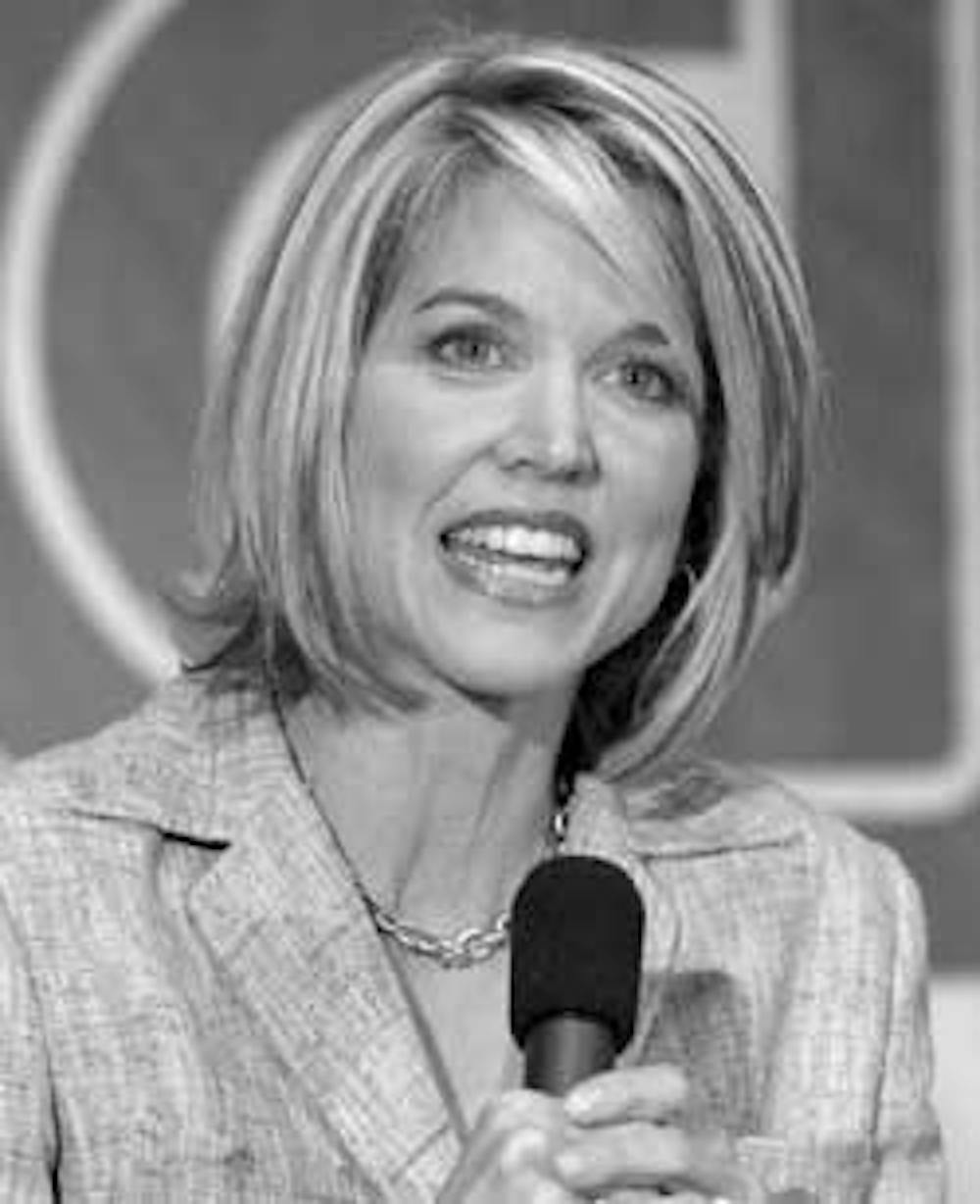Whatever you do, do not look at my picture. As you read what follows, I do not want your views to distracted by my boyish good looks and just-a-little-bit-sexy smile.
I take my cue on this picture policy from CNN anchor Paula Zahn, who was outraged recently when an ad ran on CNN implying that she was provocative and "just a little bit sexy."
The ad was pulled shortly thereafter.
While Zahn hasn't said much since the incident, the position of women's rights groups like NOW is that Zahn's outrage stems from the fact that her credibility as an anchorwoman has been fouled by this egregious misrepresentation of character. We can assume that Zahn agrees with this summation; or we can consider a different, more likely motivation for Zahn's outrage.
I'd like to think that there is more to Zahn's indignation than idiotic femi-Nazi rhetoric about the evils of being seen as a sexy professional. In this day and age — when women hold top cabinet positions in the White House and the glass ceiling has all but been broken— smart women like Zahn know that being sexy is an asset, not a disadvantage.
I doubt that Katie Couric's $65 million contract with NBC's "Today" show is based solely upon her talent as a news woman. The casual format of the "Today" show and the nature of the news covered suggest that Couric's raise had more to do with her on-air talent. Her ability to smile and look pretty for the cameras is more important to the "Today" show than her abilities as a newswoman. Co-host Matt Lauer is no different; he is there to attract female viewers. And Al Roker (the portly black fellow who reports the weather and handles crowd control in the Plaza) is there because he has a keen sense of humor and the right look to deliver it.
I have singled out the "Today" show, not to imply NBC's directors are superficial, but to make clear that things in the world of news and entertainment happen for one reason: to attract more viewers to boost ratings. I know this, now you know this and you can bet the farm that Zahn knows this too.
Zahn cried foul not because she was genuinely angry, but because she knew that her disgust would get more airtime — certainly more than the "sexy" ad would alone. Zahn and CNN were simply exploiting the fact that nothing sells like sex and scandal. And sell they did; nearly every major media outlet ran the story, and in the process informed millions of potential viewers that Zahn was on the air.
Nearly every other business sells its products, in some way, through sex appeal. Designers at Apple make sexy computers, engineers at BMW make sexy cars, writers and directors create sexy movies and cast sexy men and women in the leading roles. This editorial page is covered with pictures of writers, while admittedly not all sexy, still grab your attention. None of those groups are complaining that they or their work are being called sexy.
But perhaps they should be.
James Manley is a Journalism sophomore. Reach him at james.manley@asu.edu




